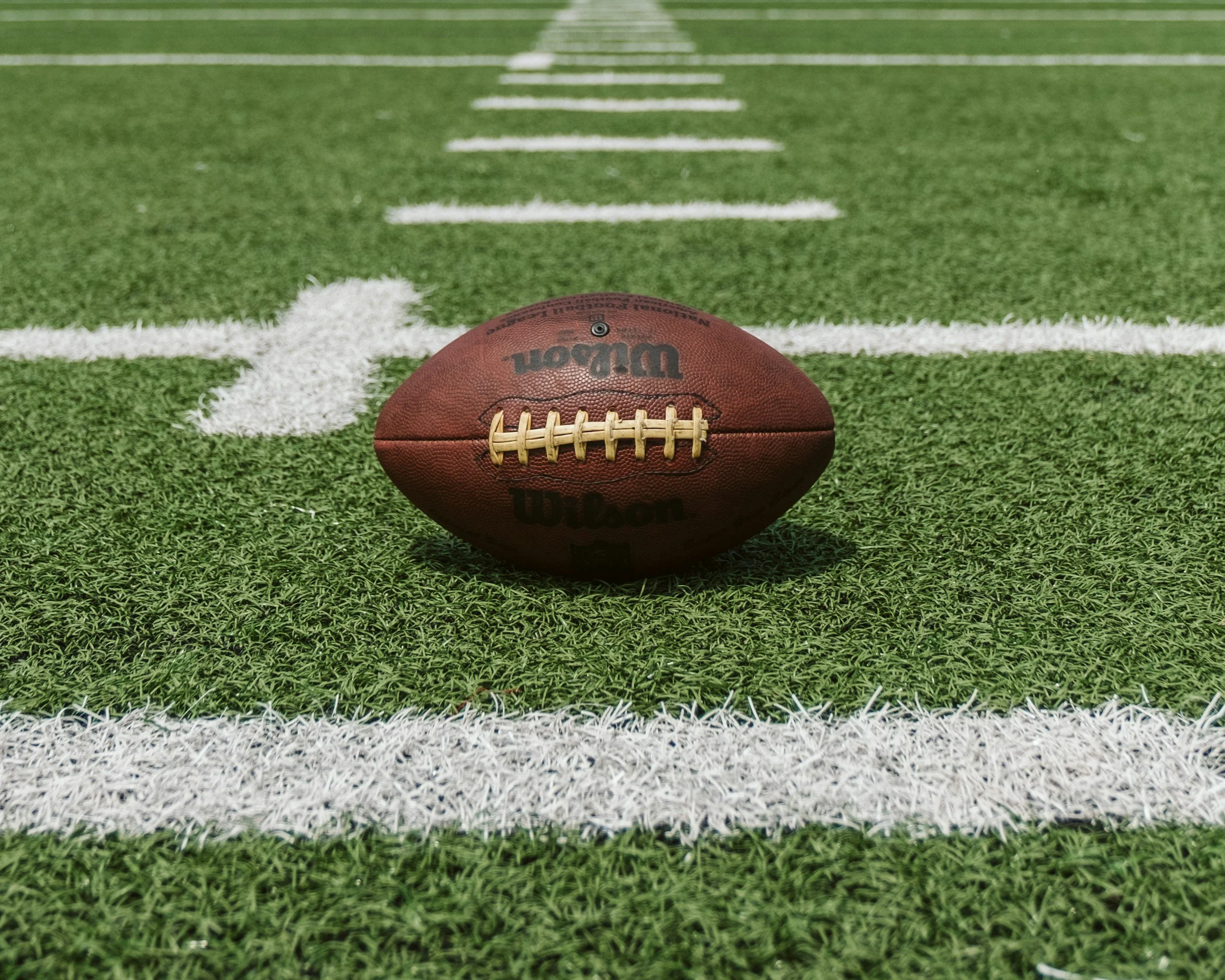Football and Autism: Finding Comfort in the Structure of the Game
When you think of football, you might picture roaring crowds, face paint, and giant bowls of nachos.
But underneath all that noise, football is one of the most structured, predictable sports out there - which got us wondering: is there something about football that might make it click for autistic people (and the families who love them)?
Here are a few reasons why the game might resonate:
1. Structure & Predictability
Football isn’t chaotic motion from start to finish. Plays start, stop, reset. Everyone takes their spot, the ball is snapped, and the play unfolds. For someone who thrives on routine and clear sequences, this rhythm can feel comforting instead of overwhelming.
2. Clear Rules & Roles
Every player has a specific job - and the success of the play depends on each person knowing exactly what they’re supposed to do. For autistic people who like clarity in expectations, this defined structure mirrors the way many of us prefer to move through the world.
3. A Consistent Schedule
The phrase “Any Given Sunday” is more than just a movie title - it’s a way of life for NFL fans. Games are mostly on Sundays, the season follows the same rhythm every year, and you can set your clock by kickoff. For people who feel grounded by predictable routines, that consistency matters.
4. Room for Special Interests
Football offers endless rabbit holes: statistics, playbooks, fantasy leagues, historical trivia. For autistic people who dive deep into a passion, football can be a never-ending source of fascinating details.
5. Sensory Considerations
Of course, there’s a flip side. Live games can be overwhelming: bright lights, booming crowds, and unpredictable noises. But watching from home allows for control - you can lower the volume, pause the game, or take a break when needed.
6. Teamwork with Boundaries
Football is a team sport, but it’s also about defined roles. You work together, but you don’t have to constantly adjust to fluid, fast-moving interactions like in hockey or basketball. This balance of teamwork and personal space can feel easier to navigate.
Final Whistle
There isn’t a pile of research linking football and autism (yet), but the overlap makes sense: structure, routine, role clarity, and endless details to get lost in. For some autistic people, football isn’t just a game - it’s a reassuring rhythm in an unpredictable world.
And hey, if you’re more into chess, hiking, or building Lego cities, that’s valid too. The point is, sometimes we find comfort in places others don’t expect - and that’s worth celebrating.
Looking for a team to cheer for? 🏈 The Eagles Autism Foundation is doing incredible work raising funds and awareness for autism research and programs. Just one more reason to add green to your game-day wardrobe.

